When women were surveyed about stress related to work these were the results: Women were more likely than men to report work stress — 28 per cent said they had high-strain positions and 17 per cent said they had low-strain jobs, while 20 per cent of men reported high-strain jobs and 24 per cent said they had low-strain positions. (CBC News, 2007). One-third of women surveyed said they were a bit or extremely stressed most days at work — versus 29 per cent of men (CBC News, 2007).
I am here to suggest another way of looking at self care for you super powered women. Instead of seeing it as ‘it’s all about me’ time, think of it as a necessary task that deserves time and space on your to-do list in order for you to better care for your family. Take a moment and think about that for a second. I know, it seems strange to think of ‘me time’ or self care time as caring for your loved ones, but it’s true. If you are completely exhausted, no energy, nothing left to give of yourself, what kind of ‘care’ could you possibly be providing for your family?
Then I ask them what’s the quality of that interaction? Do you have the time and space to be patient with your kids when they are attempting to drive you insane? What’s your relationship with your husband/partner like? If this at all describes you, you know what the answers are already. You lose your temper easily, when you don’t mean to. You love your kids, but you are at the point where you do what you do for them begrudgingly. What relationship with my husband? I’m lucky if I see him, forget spending anything that resembles quality time with him.
Have more questions about what Naturopathic Medicine can do for you and your family? Take advantage of our 15 minute consults to find out more today. References: CBC News: Technology & Science. (2007). Work stress leads to increased absenteeism, disability: StatsCan. Retreived May 27, 2017: http://www.cbc.ca/news/technology/work-stress-leads-to-increased-absenteeism-disability-statscan-1.636782
0 Comments
The Stats In the US: · Number of people in the U.S. who have either allergy or asthma symptoms: 1 in 5. · Percentage of the U.S. population that tests positive to one or more allergens: 55%. Internationally: The prevalence of asthma in different countries varies widely, but the disparity is narrowing due to rising prevalence in low and middle income countries and plateauing in high income countries.
Suffering from allergies can be a very irritating experience. If you or your child is suffering from allergies, it is best to take them to a Naturopathic Doctor who can perform a proper assessment and form a treatment plan that will address your/your child’s needs. Always speak to your health care provider before beginning any new medications or supplements. References: Allergy Statistics and Facts. WebMD. Reviewed by Johnson, K. (2012). http://www.webmd.com/allergies/allergy-statistics Asthma Statistics. American Academy of Allergy, Asthma & Immunology. http://www.aaaai.org/about-the-aaaai/newsroom/asthma-statistics.aspx Romm, A. 2003. Naturally Healthy Babies and Children: A Commonsense Guide to Herbal Remedies, Nutrition, and Health. Celestial Arts. Skowron, JM. 2009. Fundamentals of Naturopathic Pediatrics. CCNM Press. Print.
I completely understand how important, small, manageable changes are to creating success! I see it all the time with my patients and the research also supports this approach. Therefore, I will only mention 3 small things you can do to make a big impact on your eating habits and your health.
There you have it. Some very simple changes you can make to how you eat to improve the quality of your diet. Now I am not saying you have to even do this all at once, pick one and start with that. Then you can look at adding the others over time. If you never start, you'll never get the benefits, but if you try to change everything at once you'll feel overwhelmed and eventually you will drop everything.
Have questions about these tips or how to have better eating habits? Talk to me about it. I love helping people make gradual, positive changes that benefit their health and well being. Note: Talk to your Naturopathic Doctor today about getting assessed and treated if needed, and as always talk to your health care provider before beginning any new medication or supplement. This information is not meant to replace the advice/guidance of a medical professional, nor should it be acted upon by individuals unsupervised by the appropriate healthcare provider.
Cold and Flu season stats To start, there are over 200 different viruses cause influenza and influenza-like illness (fever, headaches, aches and pains, coughs, runny nose). According to a recent Cochrane review, the flu vaccine might only be effective against Influenza A and B, which represents about 10% of all circulating viruses (Jefferson et al, 2013). The authors’ conclusion from that review was, “Influenza vaccines have a modest effect in reducing influenza symptoms and working days lost. There is no evidence that they affect complications, such as pneumonia, or transmission.” (Jefferson et al., 2013). Period of Contagiousness You may be able to pass on the flu to someone else before you know you are sick, as well as while you are sick. Most healthy adults may be able to infect others beginning 1 day before symptoms develop and up to 5 to 7 days after becoming sick. Some people, especially young children and people with weakened immune systems, might be able to infect others for an even longer time. How Flu Spreads Most experts believe that flu viruses spread mainly by droplets made when people with the flu cough, sneeze or talk. These droplets can land in the mouths or noses of people who are nearby. Less often, a person might also get flu by touching a surface or object that has flu virus on it and then touching their own mouth, eyes or possibly their nose.
Additional Helpful Measures Think drinking tea is just for your grandma? Well think again! Herbal Teas In a Harvard study, they found that people who drank 5 cups a day of black tea for 2 weeks had 10 times more virus-fighting interferon in their blood than others who drank a placebo hot drink. The amino acid responsible for this immune boost, L-theanine, is abundant in both black and green tea—decaf versions have it, too. Your optimal dose: Several cups daily. To get up to five times more antioxidants from your tea bags, bob them up and down while you brew.
Infusion vs. Decoction
An infusion is a water-based preparation made by steeping leaves, flowers, and other non-woody parts of a plant in either hot or cold water. The traditional cup of herb tea is the archetypal infusion. A decoction is also water based, but it’s done by gently simmering the herb in boiling water. This method is used for tougher plant parts, such as roots, barks and seeds. Powders: What are they good for? Usually when people think of tea they think of the leaves and flowers of the plant in a cup of hot water. However, there are certain herbs that are better made into an infusion using the powdered form. For example, some herbs are rich in volatile oils that are medicinally useful and when boiled will evaporate and be lost. Valerian root is an example of a woody part that would be better ground to powder and prepared as an infusion. The preparation method usually depends on the use of the herb. This is why it is important to consult with a trained practitioner because they can help you select the most appropriate herb and preparation method based on your particular health concerns. Note: This presentation is not meant to replace the advice of a trained practitioner. In order to formulate a proper treatment plan, you should consult with your Naturopathic Doctor or other health care provider. Resources: Center for Disease Control and Prevention. (2013). Seasonal Influenza: Key Facts about Influenza (Flu) & Flu Vaccine. http://www.cdc.gov/flu/keyfacts.htm Hoffmann, D. (2003). Medical Herbalism: The Formulation and Preparation of Herbal Medicines. Healing Arts Press. Print. Jefferson et al. (2013). Vaccines to prevent influenza in health adults. http://summaries.cochrane.org/CD001269/vaccines-to-prevent-influenza-in-healthy-adults. Ontario Association of Naturopathic Doctors. (2013). Staying Healthy in Cold and Flu Season. http://www.oand.org/staying-healthy-in-cold-and-flu-season/ Public Health Agency of Canada. (Nov 2, 2013). Flu Watch: Influenza/ILI Activity (geographic spread). http://www.phac-aspc.gc.ca/fluwatch/13-14/w44_13/pdf/fw2013-44-eng.pdf
4. Cantharis 30 CH: This homeopathic remedy is great for burns of almost any type, including sunburns. You can use this in conjunction with Aloe gel or by itself. This would be a good choice if you’re concerned about your child trying to eat the aloe gel once applied. This remedy, like Aloe gel, also relieves pain and helps promote healing. 5. Apis 30 CH: This homeopathic remedy is excellent for bee stings in particular, but can be used to treat other stings and bug bites as well. Generally helps with reducing swelling, pain and heat. Especially helpful for swelling around the eyes when the eyes are becoming too swollen to open the lids. Caution: If someone in your family has an anaphylactic allergy and they require an epi-pen, do not carry Apis in place of the epi-pen. .This is by no means all the various natural remedies you could use for these situations, nor is it all the possible situations you could potentially encounter this summer. However, this is a good place to start to cover a lot of the common issues that could occur. If you’re not familiar or comfortable with the use of any of these remedies, always check with your Naturopathic Doctor or other similarly educated health care practitioner before use.
Note: Talk to your Naturopathic Doctor today about getting assessed and treated if needed, and as always talk to your health care provider before beginning any new medication or supplement. This information is not meant to replace the advice/guidance of a medical professional, nor should it be acted upon by individuals unsupervised by the appropriate healthcare provider. |
Sarah Connors
I am a Naturopathic Doctor and Doula providing care in the Kitchener-Waterloo area. I have a passion for helping people with their health issues and improving the birth experience for Moms, and their babies. I also have a life long love affair with soccer, curling, and the alto saxophone. Archives
November 2020
Categories
All
|
Photos from Rural Royalty, manu flickr2010, Ryan Dickey, wocintechchat, huskyte77, paulswansen, Black Room Photography, harum.koh, Emery Co Photo, JeepersMedia, BrownGuacamole, wellnesswildflower, JeepersMedia, vastateparksstaff, colindunn, seelensturm, /\ \/\/ /\, 50mm.za, The Simpsons (Lee, Shirley, Luke and Rachel), AGRONAUTI, aivas14, Jonathan Rolande, winnifredxoxo, juhansonin, osseous, nan palmero, Theo Crazzolara, brianfagan, TP studio, wuestenigel, torbakhopper, anka.albrecht, Michael Stern, [-ChristiaN-], franchiseopportunitiesphotos, terren in Virginia, nateOne, barnimages.com, Dun.can, wuestenigel, @lattefarsan, amandabhslater, aphrodite-in-nyc, nutritionaldoublethink, Anne Worner, donnierayjones, mikecogh, angeloangelo, Rob.Bertholf, getaiwan, Lida Rose, matsuyuki, SurFeRGiRL30, marcoverch, amsfrank, mdaltry, nutrition education, Mike Prince, Edsel L, Neighborhood Nini, philipp.alexander.ernst, Mediocre2010, homethods, quinn.anya, Gamma Man, katerha, Eric Kilby, National Institutes of Health (NIH), rcmd_cfdfw_5_2, curtis palmer, Ray in Manila, frankieleon, Airsoftpal.com, byzantiumbooks, cchana, Brian Legate, Matt Lavin, BradHinton, monpetitchouphotography, wuestenigel, alexisjordanlewis, ByEPhotos, erix!, RLHyde, return the sun, quinn.anya, mliu92, frankieleon, loudista, Lyn Lomasi, upslon, derrickbrutel, cchana, National Institutes of Health (NIH), watts_photos, marcoverch, derrickbrutel, francesbean, weegeebored, Airsoftpal.com, Etwood, wu_135, shixart1985, Ingrid Taylar, VeritasFotografie, BioDivLibrary, emmanuelmorales1, Thanks for 1.5 Million Views!!, Will Merydith, reader of the pack, RoxyHobbs, Khanelle Prod' Medias, storyvillegirl, agromonitor, Arenamontanus, six:eleven, cote, SweetOnVeg, nenoirenediaz, lucianvenutian, markhillary, anotherlunch.com, inkknife_2000, archibald jude, rawtrigger, Imaginary Museum Projects: News Tableaus, Pavel P., Courtney Emery, Thien Gretchen, physiognomist, bark, Michigan Municipal League (MML), alberth2, Merelymel13, neofob, Care_SMC, Parker Knight, B*2




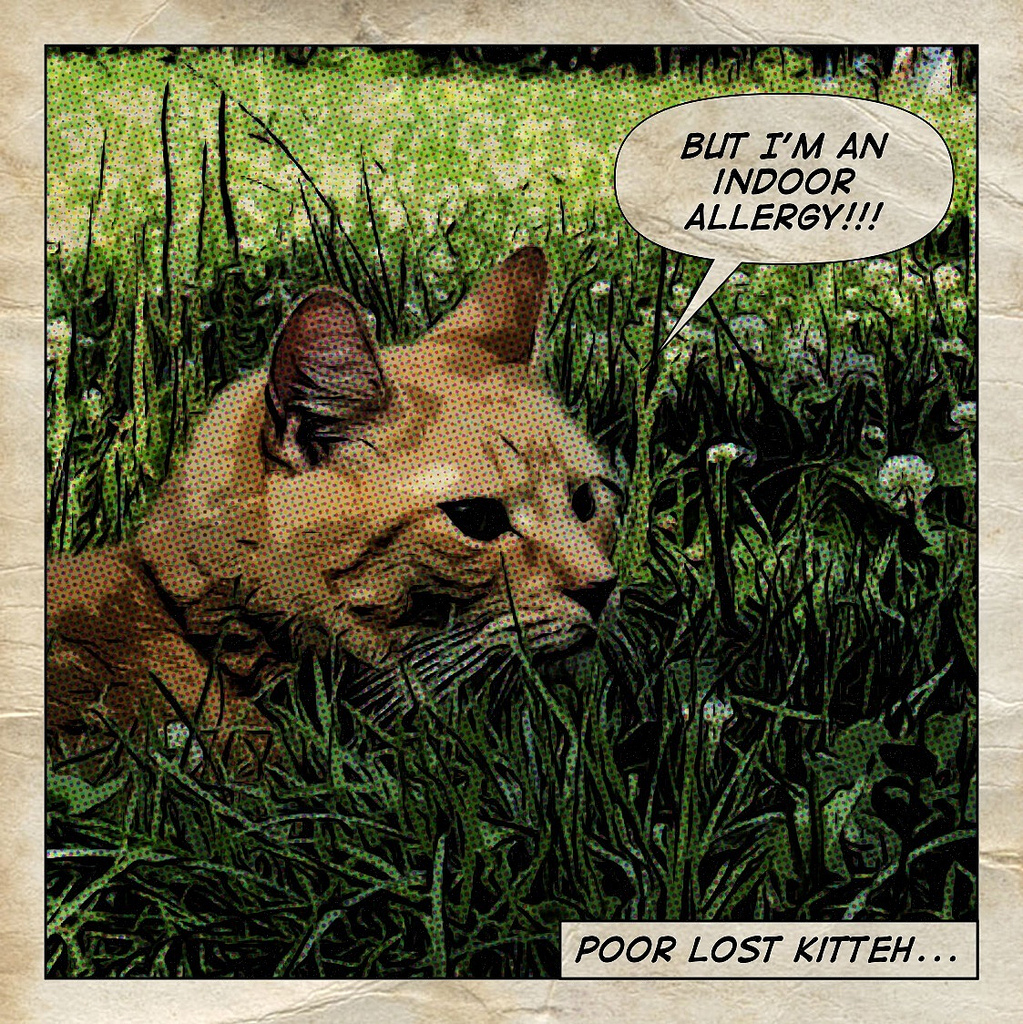
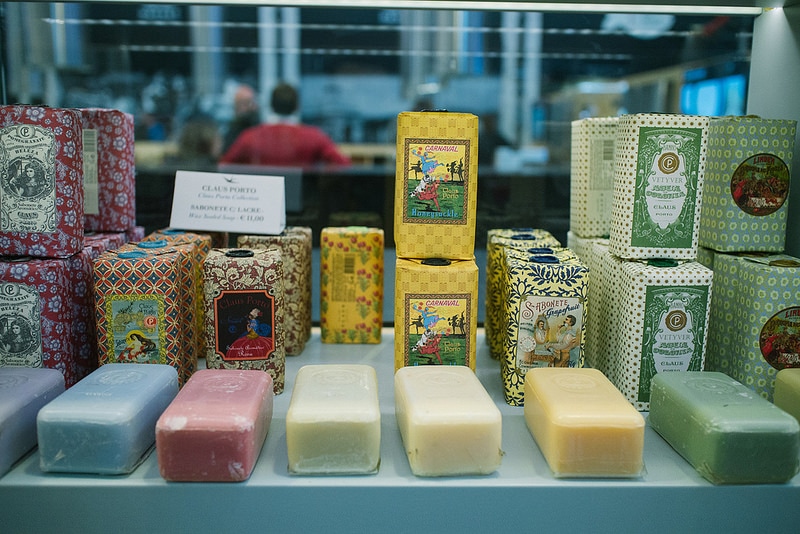
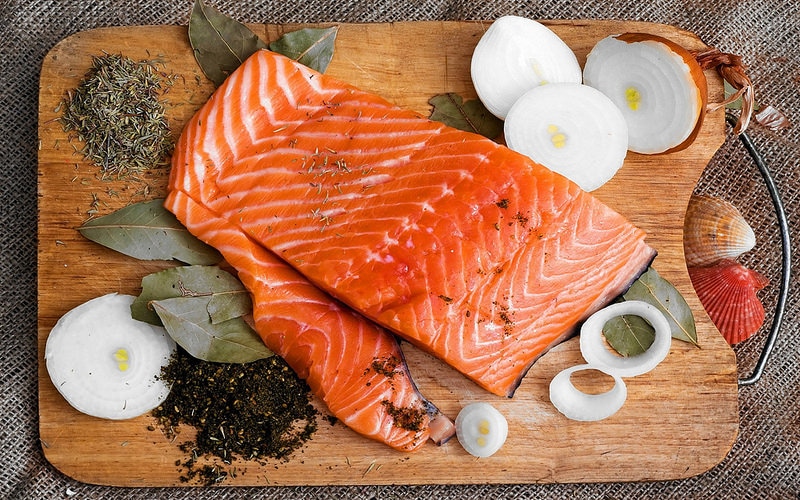
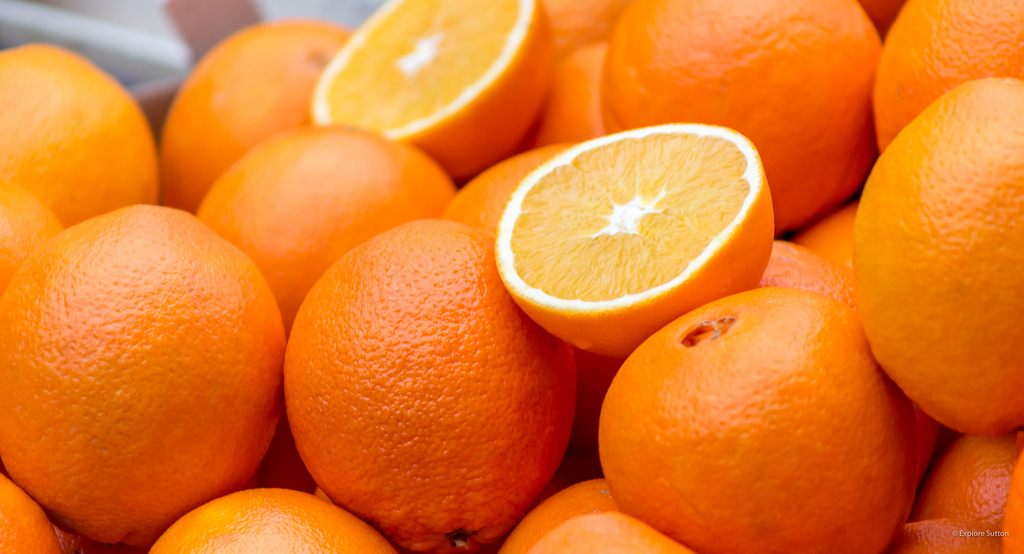


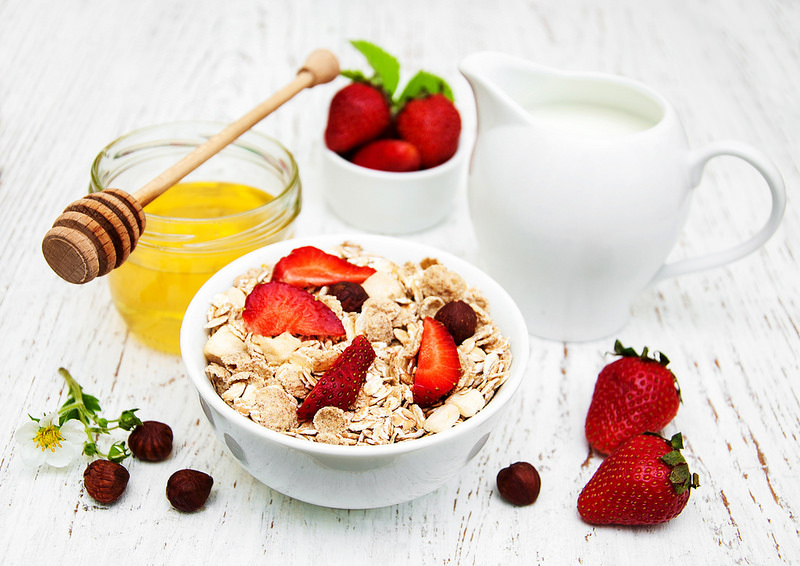
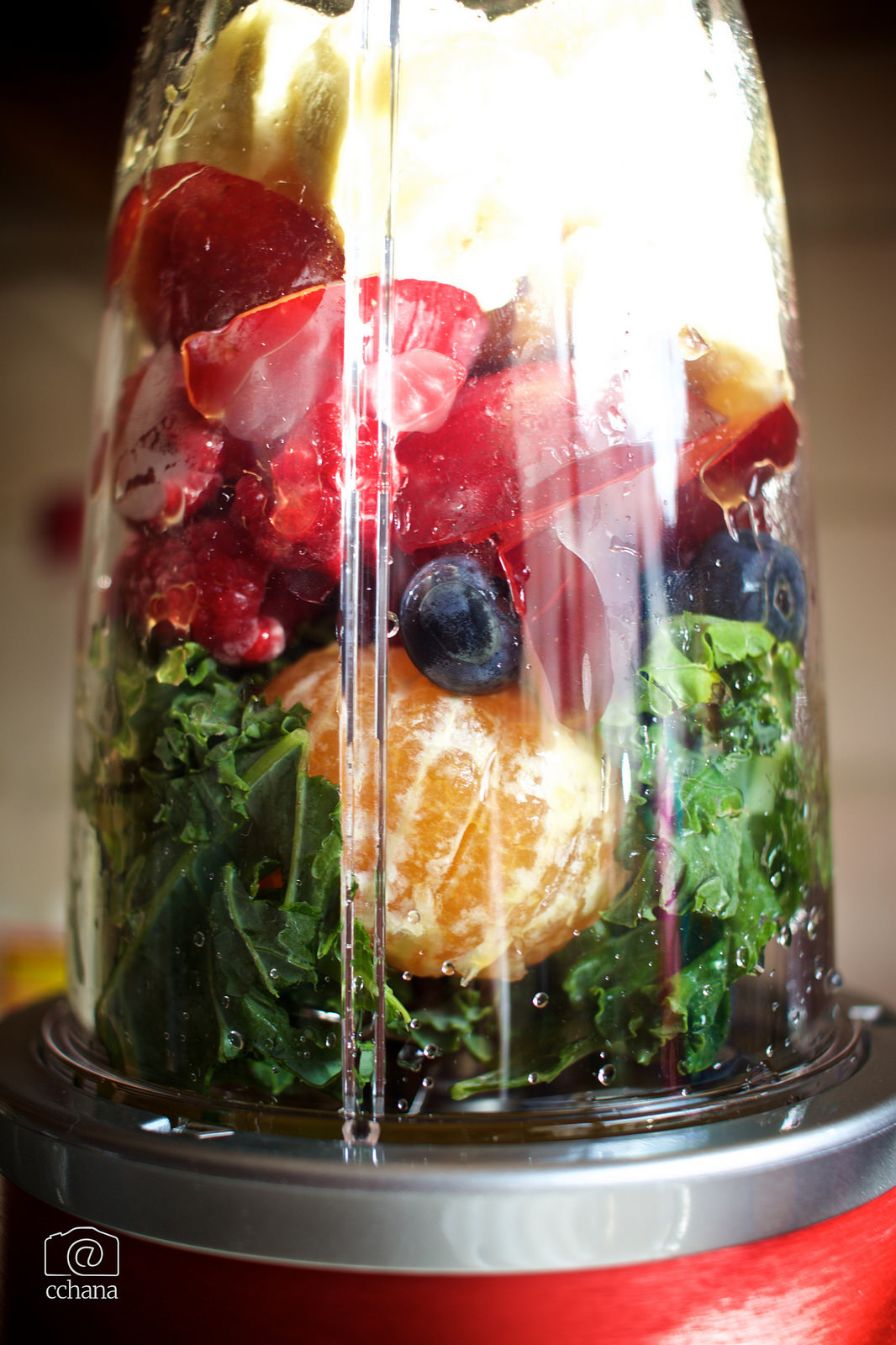
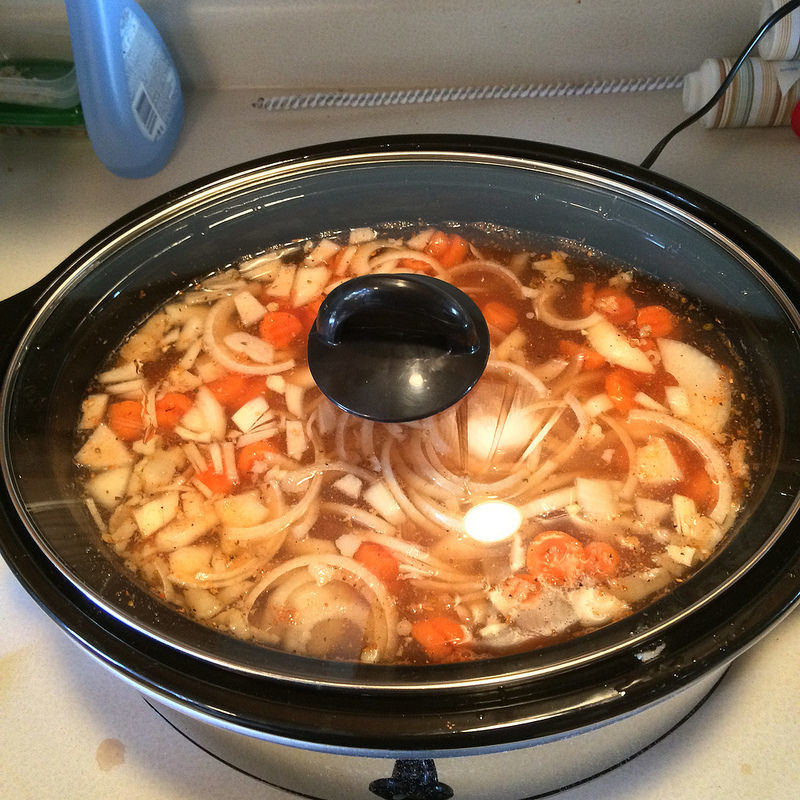

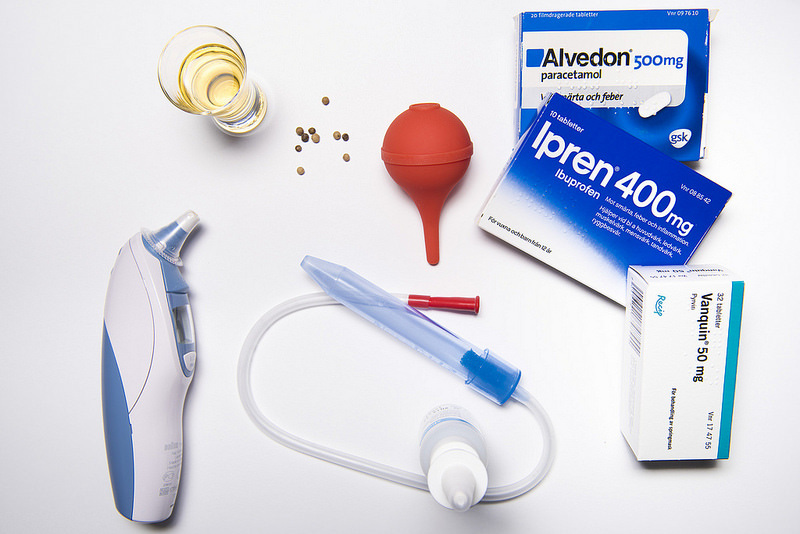
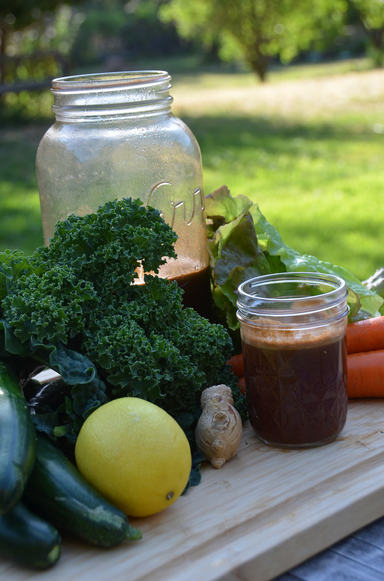

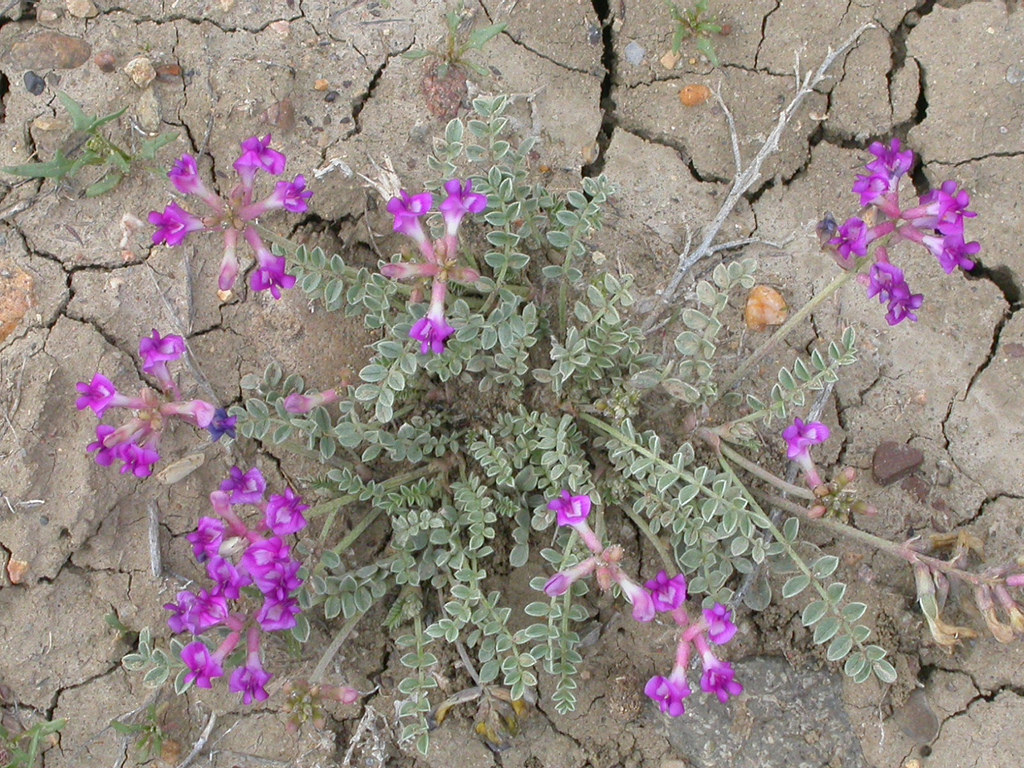
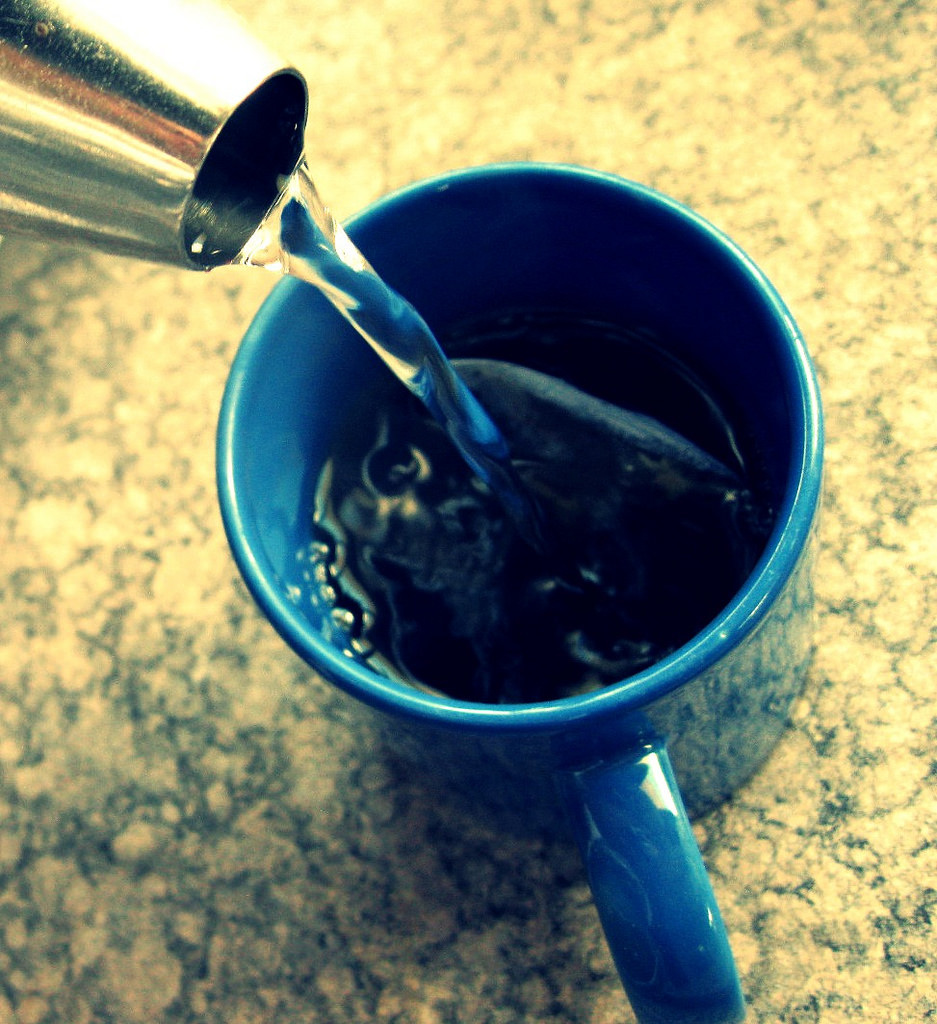
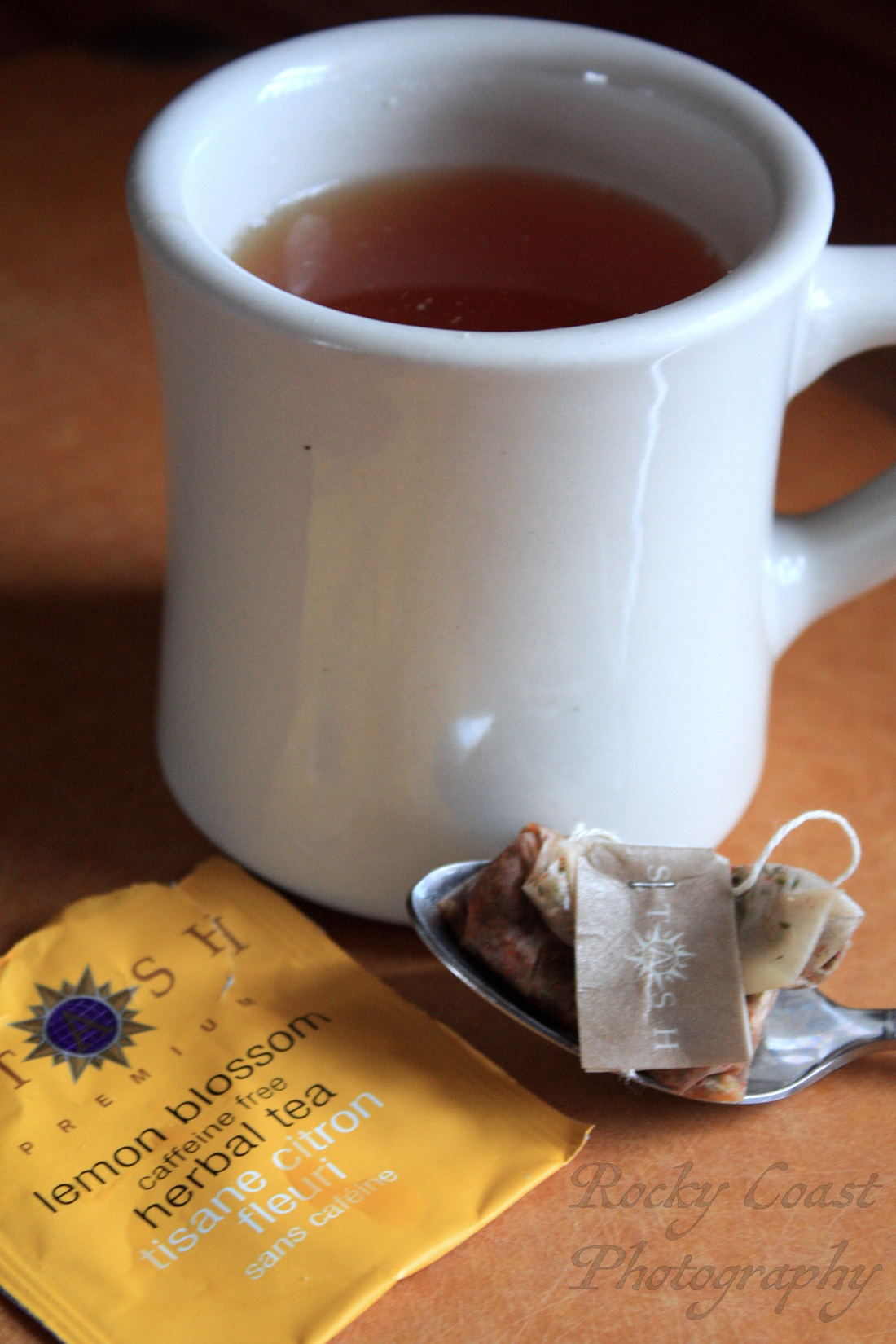


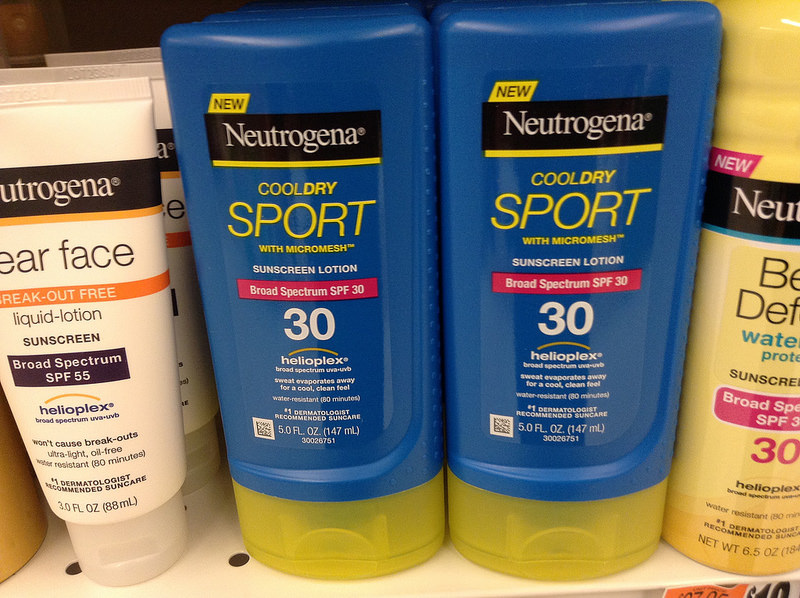
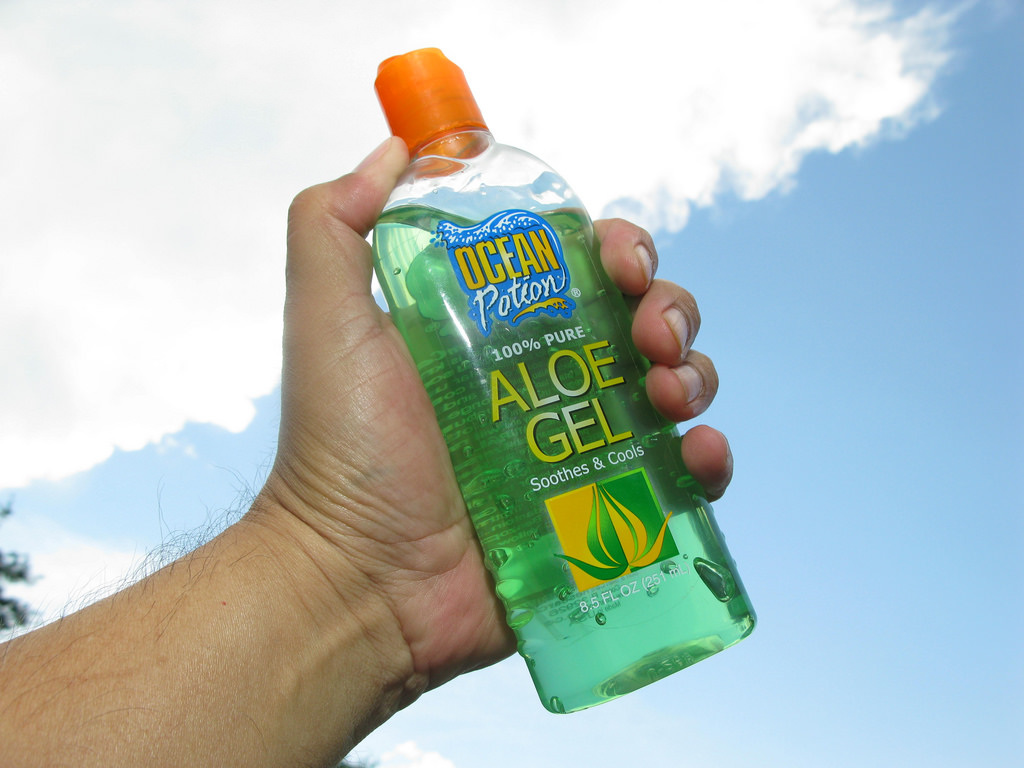
 RSS Feed
RSS Feed
